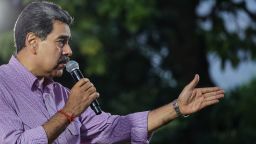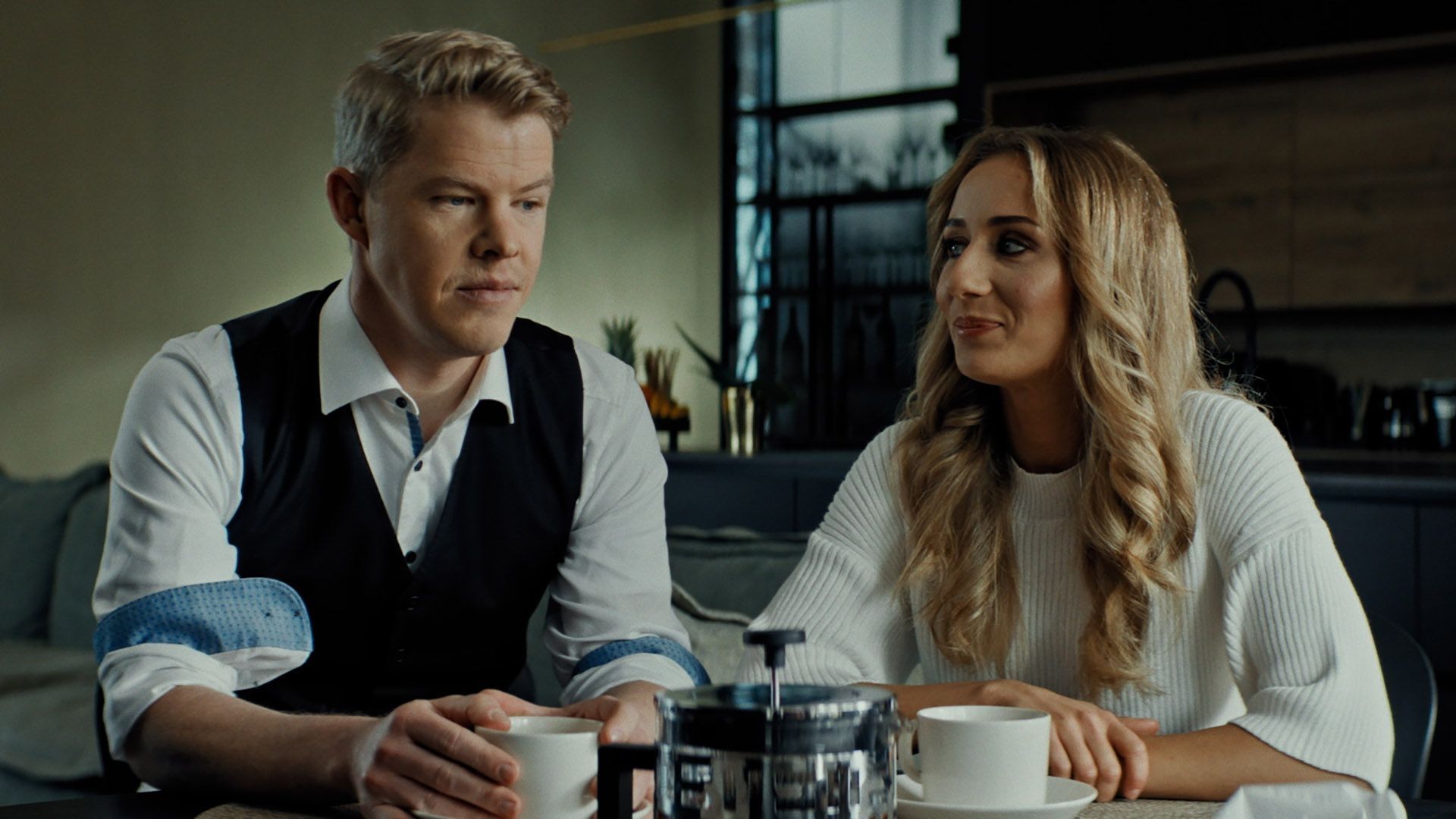Venezuela’s Propaganda Efforts Intensify Amid US Military Threat

Venezuela’s government has escalated its propaganda efforts in response to increasing pressure from the United States, characterized by a combination of humor, cartoons, and direct messaging. The country’s leadership is leveraging state media and animated characters, such as the superhero “Super Mustache,” to rally support as tensions rise with US military forces near the Venezuelan coast.
Since its debut in 2021 on state television, “Super Mustache” has become a symbol of the regime’s efforts to depict a heroic narrative around Venezuelan President Nicolás Maduro. In a recent episode aired shortly after US President Donald Trump announced airstrikes against alleged drug trafficking boats off Venezuela’s coast, Super Mustache donned a military uniform and declared that Venezuela does not engage in a “warmongering culture.” This portrayal significantly contrasts with the reality on the ground, where the government’s messaging has been inconsistent, urging citizens to prepare for conflict while simultaneously asserting that all is well.
Contradictions on the Ground
In Caracas, the lack of visible support for the regime’s war footing is evident. Unlike previous campaigns, CNN teams have observed no billboards or murals promoting the government’s military stance, even in traditionally supportive neighborhoods. Andrés Canizalez, a Venezuelan researcher and journalist, noted that Maduro has shifted from primarily appearing in secure locations to making frequent public addresses, often accompanied by significant security. Notably, he has attempted to position himself as a figure of peace, even singing John Lennon‘s “Imagine” at a rally while urging Trump to engage in dialogue.
As tensions escalated, Maduro’s communication strategy evolved. Initially downplaying threats, he has shifted to a more confrontational tone as US military presence increases. This tactic aims to create a sense of urgency while maintaining a façade of stability.
The Role of Diosdado Cabello
In this narrative, Diosdado Cabello, the interior minister and host of the popular state television show “Con el Mazo Dando,” plays a crucial role. His programming blends political commentary with humor, often criticizing US actions in the region. Cabello asserts that US aggression is not related to drug trafficking but rather aims to seize Venezuela’s natural resources. During a recent broadcast, he claimed, “There are no tensions here between Venezuela and the United States. Here there is an aggression by the United States against Venezuela.”
Cabello often counters criticisms from US politicians, using recordings of the late President Hugo Chavez to reinforce a narrative of resistance against foreign intervention. Political scientist Javier Corrales describes Cabello as embodying the regime’s aggressive stance, labeling him a “bully” who effectively undermines opposition voices while bolstering Maduro’s image.
While both Maduro and Cabello actively condemn US Secretary of State Marco Rubio, they tread carefully around Trump. Cabello has characterized Rubio as a driving force behind US policy, suggesting that he manipulates Trump into considering military actions against Venezuela. This framing positions Rubio as the regime’s external enemy, diverting attention from Maduro’s leadership and uniting loyal supporters by creating a common adversary.
The Venezuelan military has also amplified its presence on social media, releasing videos of troop preparations set against dramatic soundtracks. These visuals aim to project strength while simultaneously downplaying the severity of the crisis. Cabello has dismissed the idea of a serious threat from the US, sarcastically noting, “Yes, the CIA has been formally authorized to act. It never acted here before.”
Ultimately, Venezuela’s leadership faces a complex challenge: mobilizing support against perceived external threats while avoiding widespread panic among its citizens. As the situation continues to develop, the effectiveness of characters like Super Mustache and the mixed messages from Maduro and Cabello will be tested in a nation grappling with both internal and external pressures. Will the regime’s tactics be enough to sustain its grip on power as the crisis unfolds?






